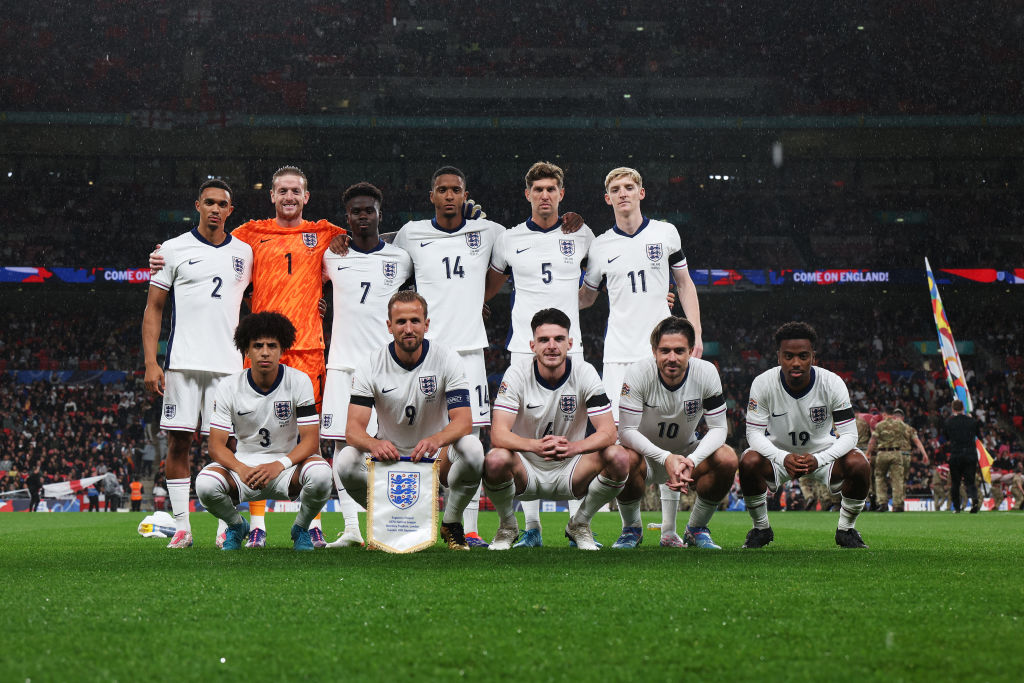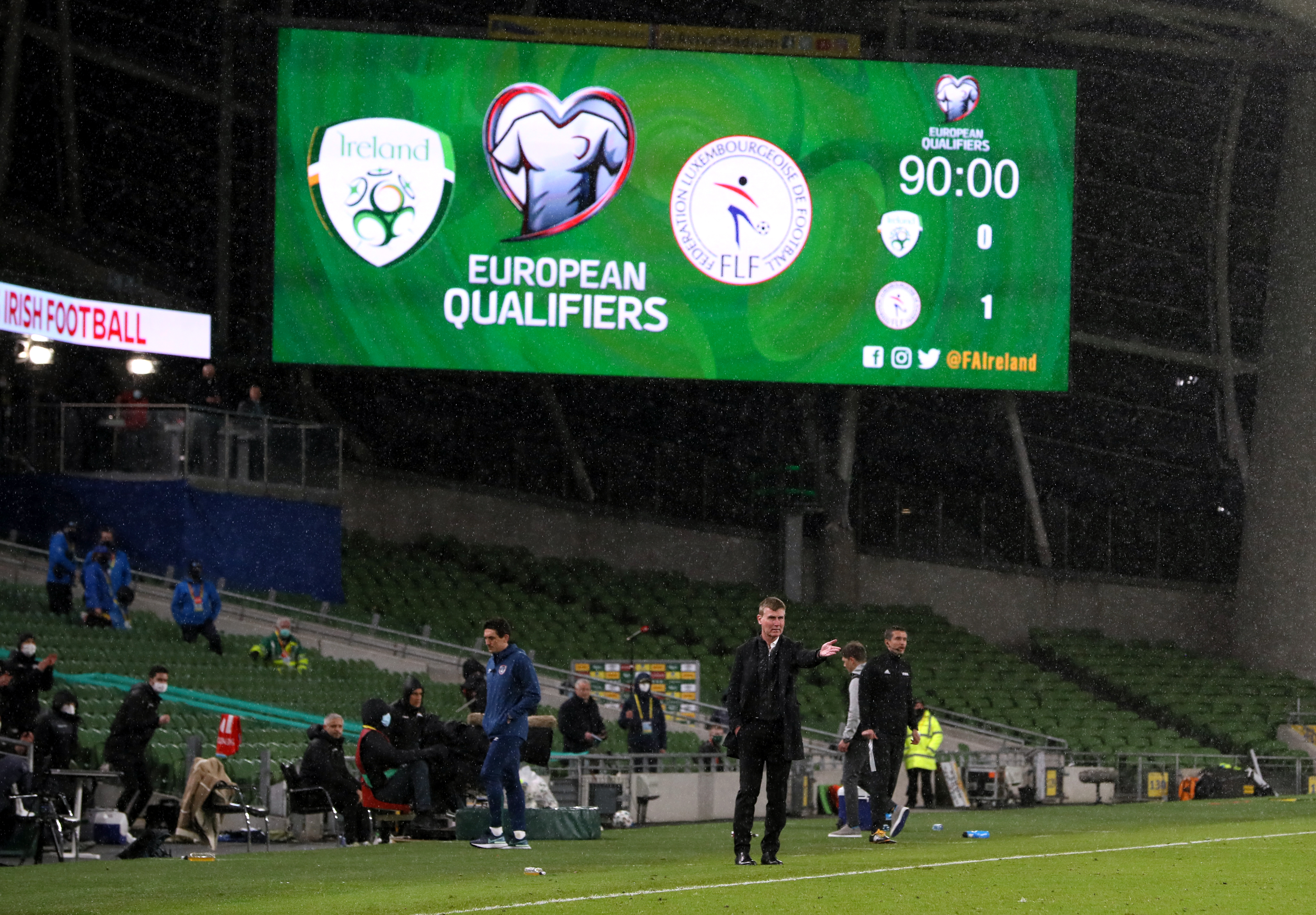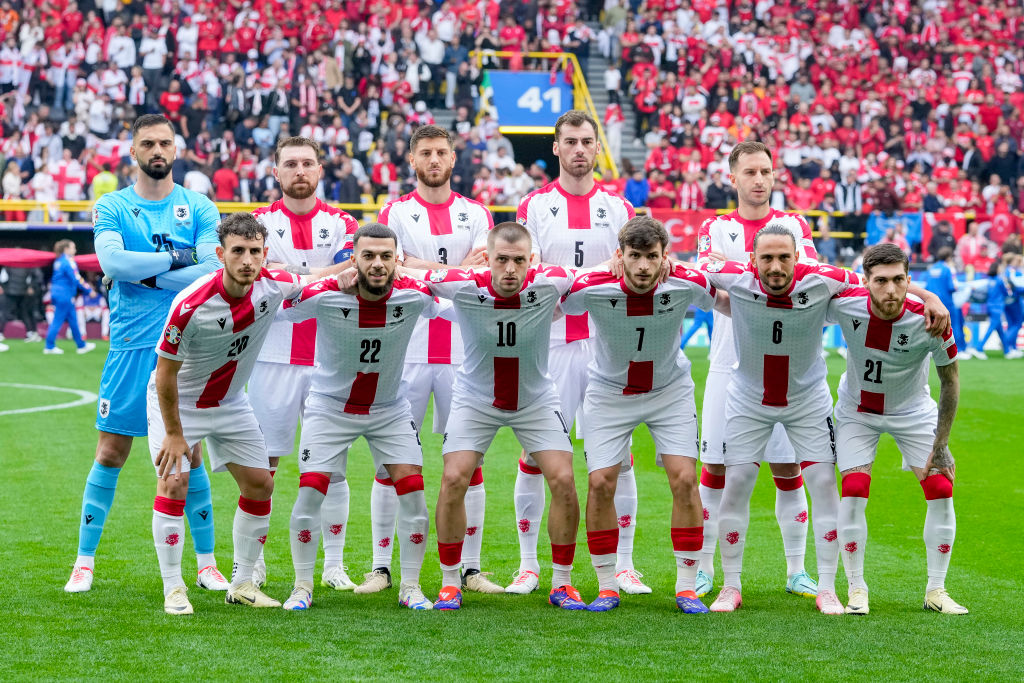
People struggled to get their heads around the Nations League a bit when it first launched in 2018, but it already feels like a part of the natural rhythm of the football calendar.
The real beauty of the Nations League is that unlike so many other cockamamie tournament introductions, revamps and expansions of the past few years, it has not actually added any new games to the calendar.
The international breaks are mandated well in advance by FIFA and apply worldwide; previously, European teams would have simply scheduled friendlies in these windows.
Nations League gets balance right in international calendar
But stakes are important for the enjoyment of football, and those who attempt to extract anything meaningful from friendlies, even at international level, are often embarking on a fool’s errand.
As the international equivalent of the Johnstone’s Paint Trophy, the Nations League is not, in the grand scheme of things, terribly important, but offers just enough of an illusion of being in some way meaningful that we can indulge our tendency towards over-reaction – whether positively or negatively.

The Home Nations can each find something to play for in the Nations League. For England, being outside the top tier of clubs is humbling, and gives them something to aim to put right.
Wales and Scotland have both earned promotion into League A in previous editions (Wales are back in League B now, Scotland now in League A), giving a small measure of bragging rights to nations who have, in general, had only sparing moments in the sun over the decades.
Northern Ireland are trying to bring through a new crop of promising youngsters, and giving them the task of avoiding falling into League D alongside the absolute minnows should help harden them up to the rigours of qualification campaigns far better than friendlies ever could.
But slipping down to the bottom tier of the Nations League may not be the worst thing. The most pronounced benefits are actually enjoyed for some of the smaller nations down in League D – the likes of Andorra and Malta and Moldova.
Why Angel Gomes Is The EXACT Player England Have Been Missing
Nations League has been blessing for European minnows

Previously, the odd friendly win or qualifying round upset was about all they had to celebrate; they were never going to qualify for a major tournament.
But look at Luxembourg, one of the original batch of League D sides. The competitive record before the Nations League was introduced read as follows: played 251, won 14, drew 28, lost 216, with no World Cup or Euros appearances to speak of. Only Luxembourgers old enough to remember the Olympics pre-1952 will remember them playing in a tournament of any description.
Naturally, a country of only 672,000 people is always likely to struggle to make an impact – but talk to any manager at any club that has been struggling for years, and they will tell you how important it is to instil a winning culture. Testing yourself against the best has its place, but can become demoralising for a perennial no-hoper.
The Nations League has helped give Luxembourg that experience of what it takes for them to win. There are, no doubt, many other factors behind their marked improvement, but actually getting games against sides closer to their standing has helped them gain a bit of momentum.

Luxembourg’s 2022 World Cup qualification campaign was the best they have ever had – three wins out of eight, putting them level on points with the Republic of Ireland, who they beat in Dublin. They did even better in their Euro 2024 qualification efforts, winning five of their ten games before losing to Georgia in the play-offs.
Georgia, incidentally, only made it to the Euros this summer by virtue of their Nations League placement after topping their group in League C: they actually finished fourth in their qualifying group behind Spain, Scotland and Norway.
The Georgians went on to be one of the most entertaining sides of the tournament, making it through to the knockout stages with a victory over Portugal before giving Spain a scare.
The balance is just right with the Nations League: enough on the line to feel worthwhile, but without too much pretence at being high-stakes that might otherwise make it feel insufferable. Give us that over boring, meaningless friendlies any day.



.png?w=600)



